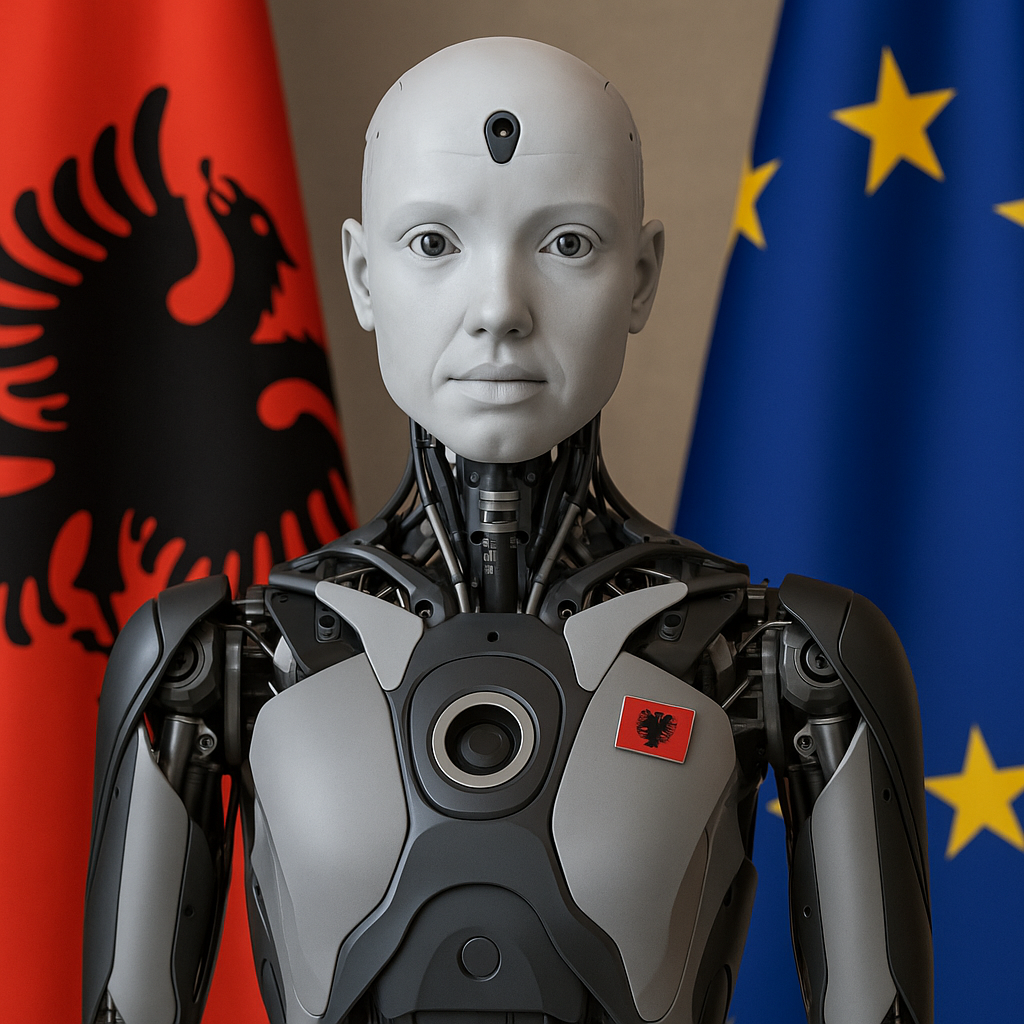In a move that blends political theater with digital ambition, Albania has appointed an artificial intelligence program named Diella to oversee one of the country’s most corruption-plagued sectors: public procurement.
Prime Minister Edi Rama announced the decision this week, declaring that Diella — a virtual assistant already in use on Albania’s e-government portal — would now serve as the nation’s State Minister for Artificial Intelligence, with a mandate to ensure transparency in all public tenders.
A Digital Face for Reform
Diella, whose name translates to “sun” in Albanian, first appeared in January as a chatbot guiding citizens through online services. Her new role represents a leap from bureaucratic helper to symbolic guardian of public integrity. Rama described the appointment as a guarantee of “100 percent corruption-free” tenders, a claim he says human ministers could never make.
The prime minister has linked the experiment directly to Albania’s aspirations to join the European Union, presenting Diella as evidence of a government willing to innovate to meet international demands for cleaner governance.
Promise and Peril of an Algorithmic Minister
Supporters argue that an algorithm cannot be bribed, threatened, or swayed by political patronage. By removing discretion from human officials, Diella could make government contracts more transparent.
But critics caution that artificial intelligence is not immune to manipulation. Algorithms are trained on human inputs, and without rigorous oversight, Diella could replicate hidden biases or be quietly overridden. Opposition leaders have questioned whether the appointment is more spectacle than substance, pointing out that corruption in Albania runs deeper than procurement paperwork.
Between Innovation and Skepticism
The appointment has generated both fascination and ridicule. Tech advocates praise Albania for becoming the first country to formally place AI in a cabinet-level role. On social media, skeptics joke that even a machine could be compromised in a system long defined by graft.
For Rama, however, the political calculation is clear. With EU accession talks looming, Diella’s virtual presence is meant to project a future-oriented Albania — one where technology can solve problems that have eluded politicians for decades.
Whether Diella becomes a genuine tool for reform or a symbol of digital window-dressing may define not just the credibility of Rama’s government, but also the limits of artificial intelligence in public life.


